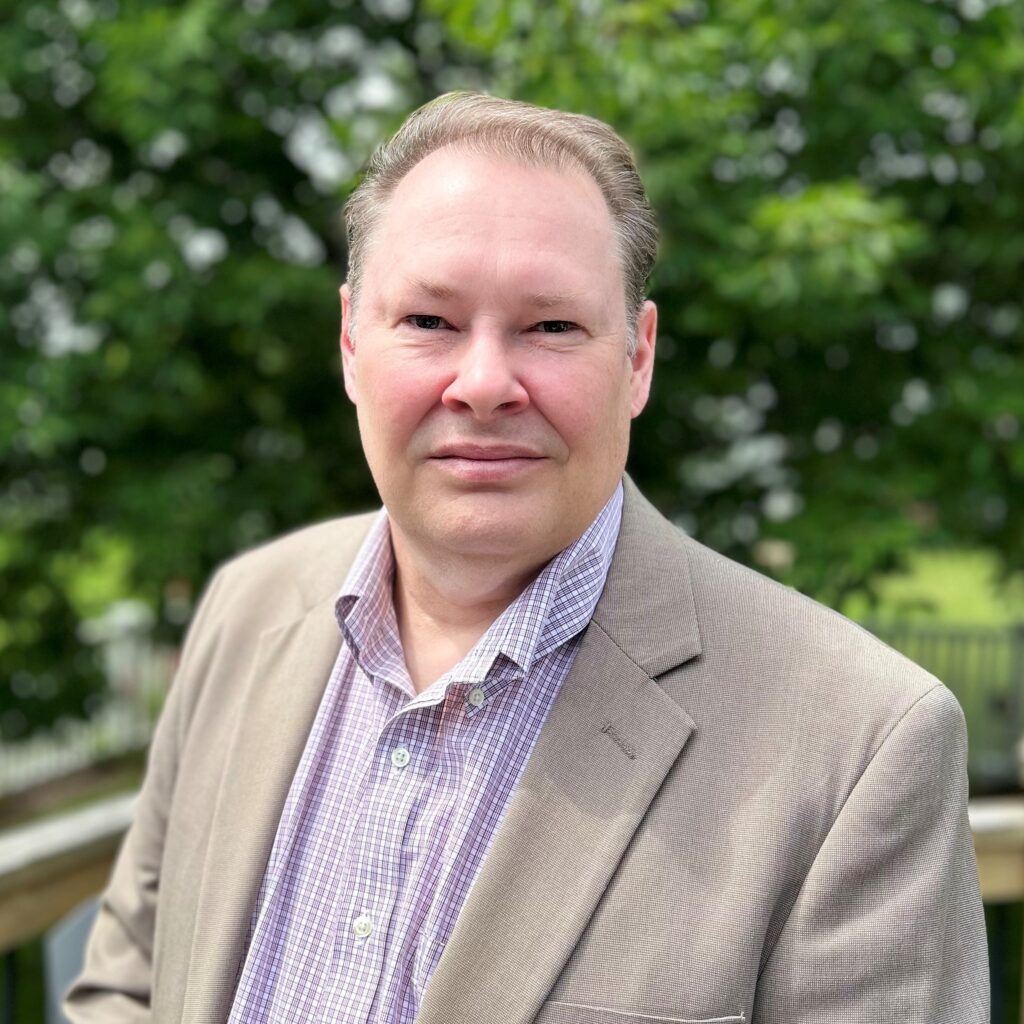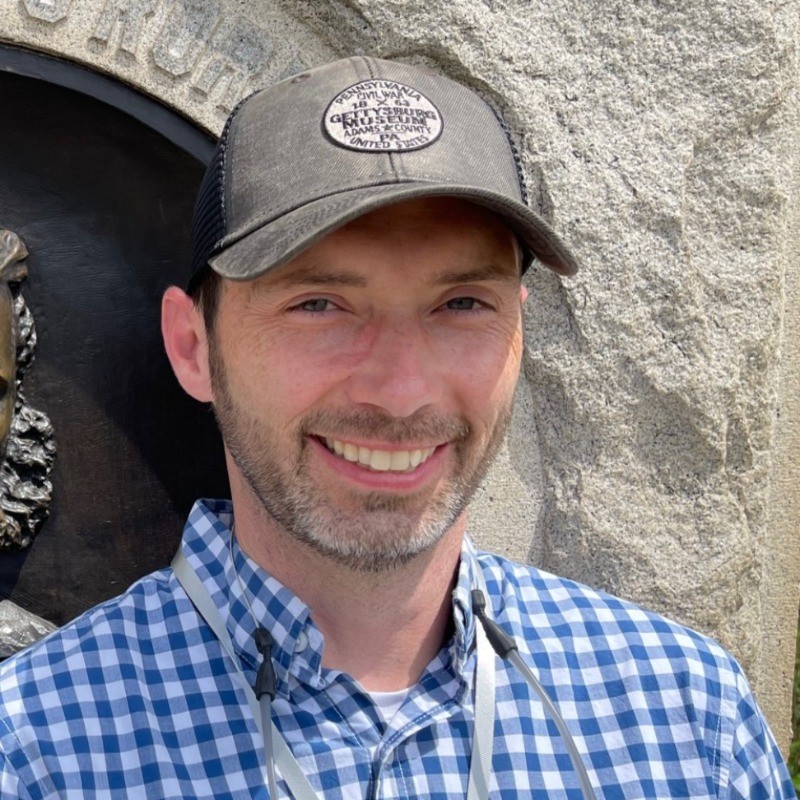Sometimes, you don’t even realize all the things you don’t know. Reese Brewer spent her career in transportation planning, writing grants, and allocating funding. She didn’t know how to speak “engineer” and that’s why, back in 2015 when she was Senior Transportation Planner for the Municipality of Anchorage, she enrolled in the Operations Academy Senior Management Program.
To become more knowledgeable, she felt she needed to learn more about the operations side of the transportation industry. She wasn’t familiar with traffic incident management (TIMs) nor some other key elements of incident management, accidents and safety.
“I was concerned because I’m a planner,” Reese said. “My degree is not in engineering. I was afraid I would start the Operations Academy from behind, but that turned out to be untrue. It was a great mixture of people from all areas of the industry, not just engineers.”
Through her time in the program, Reese gained the knowledge she needed to work with confidence with engineers and with other people in her municipality with whom she’d had limited interaction. She felt able to analyze situations and discuss them with Department of Transportation (DOT) engineers and could better understand their perspective, no longer feeling lost or out of her depth.
While listening to other professionals in her cohort, she concluded that her own agency needed a TIMS analysis, as well as other things she didn’t know others in similar agencies were doing.
“I learned things that went beyond just signal timing,” she said. “We went into IT architecture, which we were responsible for, that addresses incidents and reduces traffic violence and fatalities, as well as performance measurements and safety standards.”
One of the activities during the Operations Academy was a tour of the Maryland State Highway Statewide Operations Center. Reese observed how it worked and began discussions with local engineers about getting one for her agency’s area.
“Right now, all the monitoring is in Little Rock, and that’s why we need a regional center,” she said. “If we want a faster response, or to mitigate a hazard or quickly move people away, how can we do that if we must wait for Little Rock? We need plans in place to do this locally, and part of what the Operations Academy did for me is allow me to tour these places that I didn’t know existed and teach me how all this could integrate with other agencies, including state troopers. We can learn to be better partners and save lives.”
Learning from expert instructors helped her feel at ease asking questions from the MPO perspective, remembering that everything she asked had been fully addressed and she never worried about appearing less knowledgeable in front of her cohort.
When she had returned to Anchorage after graduating from the program, she was able to apply the skills she acquired in the capstone project to a real-life TIMs situation she had with ice road truckers. She had all the information from class that she needed, as well as basic engineering knowledge, which helped make communication between all stakeholders much easier, and facilitating understanding between her, as a planner, and the others as engineers.
“We were able to prioritize projects, implement them, and seek funding for them,” she said. “All that comes from the ability to understand all the data, and the OA helped me put all those pieces together.”
Each class must complete a project, in which students are grouped together and given a transportation-related problem for which to find a solution. She remembered her project as an instructive activity that put her with a mixture of people with whom she generally would not have engaged, offering her a new perspective on how to view solutions from many angles as well as the confidence in her ability to communicate with people that she perceived as more knowledgeable.
“That project was demystifying for me, and that was really important, because at that point, I felt like I also had the ability to offer input that was reasonable and valid, instead of just feeling that I’m a planner and not an engineer,” she said.
Although the problem her group tackled was not real, it was one that taught her strategies that she was able to apply at her home agency, along with newly-discovered leadership skills.
In 2018, Reese became the Director of Frontier Metropolitan Planning Organization, serving the Fort Smith urbanized area, funded by the U.S. Department of Transportation through the Arkansas and Oklahoma DOTs.
“Looking back, completing the Operations Academy training was a great thing to do,” she said. “Working with all those different people enriched me, and it helped me add to my credentials and step into the position I now have.”






